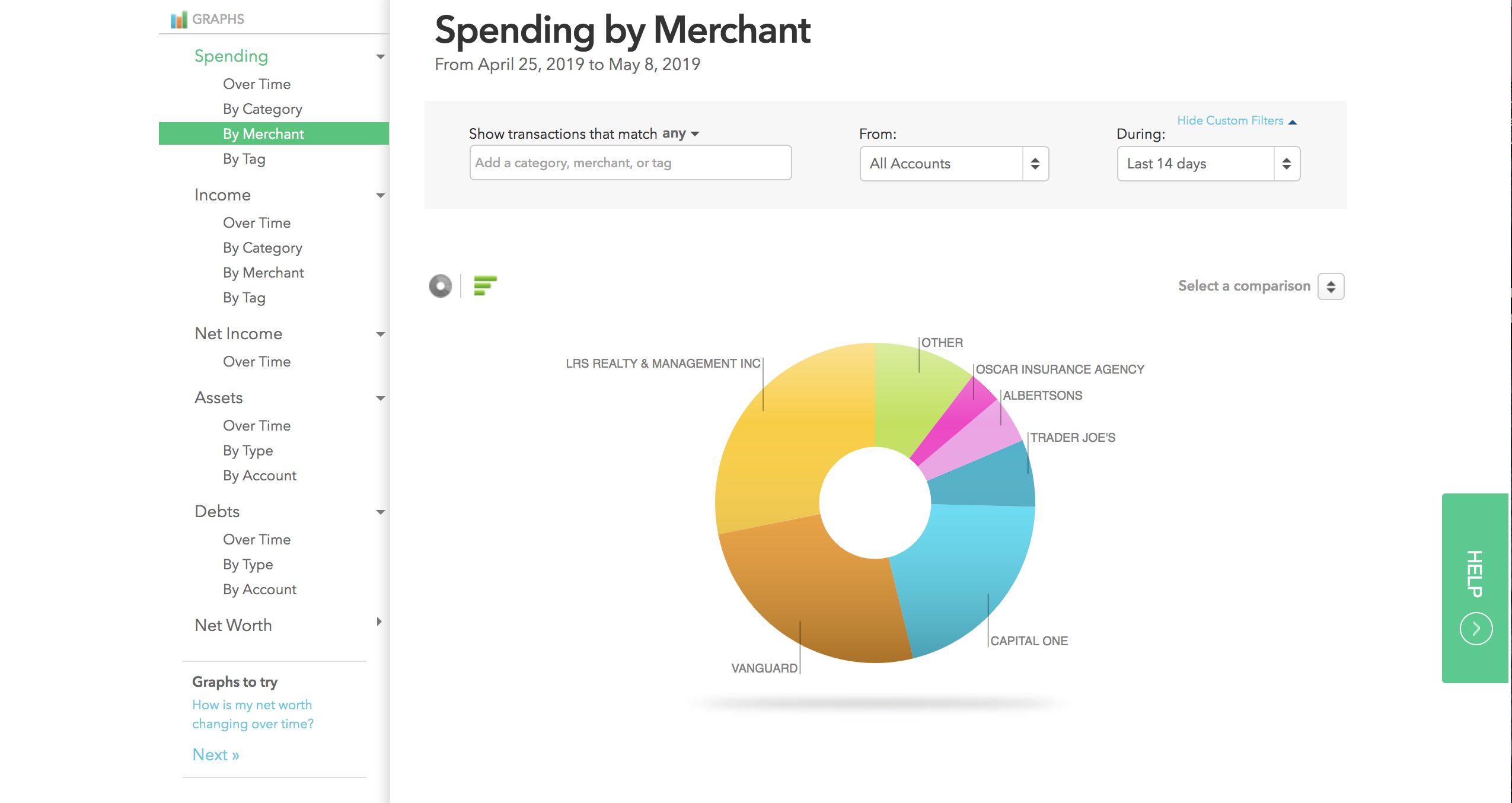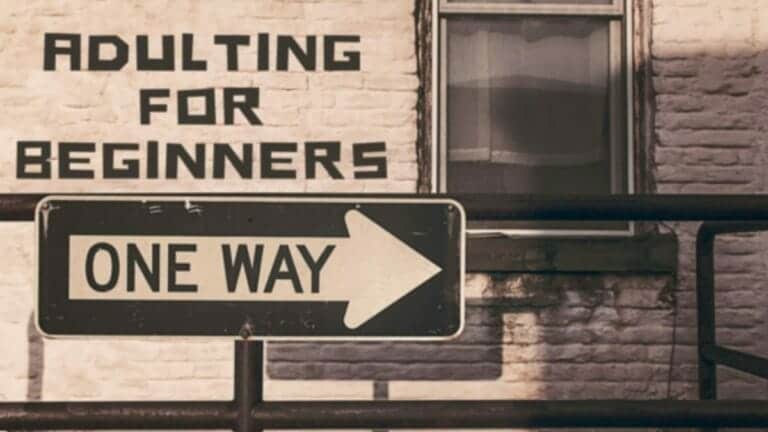If you’re a teenager, you are in a very powerful position. Starting good money habits now will put you ahead for the rest of your life. Managing money might seem daunting, but with the right guidance and a positive attitude, you can build a solid financial foundation that will serve you well for years to come.
We’ll share eight practical and fun money tips for teens to help them develop good financial habits and achieve their goals. From learning to budget to saving for the future, these tips are simple yet effective ways to get started on the road to financial success. So let’s dive in and get excited about managing your money like a pro!
1. Time Is On Your Side
You probably aren’t making much money now, but that doesn’t matter. What matters is time. And your money has a lot of it. Let’s look at an example:
At the end of your summer job, you have $1,000. You invest it at a rate of return of 5%, and you don’t contribute another cent for 50 years. At the end of those 50 years, you will have $11,467.49.
If you did the same but only had 30 years for that money to grow, you would have $4,321.99 at the end of those 30 years.
Of course, you will be investing much more over those years than just that initial $1,000, so imagine how fast your money will grow if you start early.
Time is rarely on our side, but it’s on your side now if you start immediately.
2. Start A Money Saving Habit
How long have you been brushing your teeth? Hopefully, by the time you’re a teenager, you can say for many years. And because you have been doing it for so long, it’s just a habit.
The power of habit is almost as important as the power of time when it comes to money. A habit is something you do automatically; you don’t have to think about it too much.
James Clear, one of the world's leading experts on habit formation, reveals practical strategies that will teach you exactly how to form good habits, break bad ones, and master the tiny behaviors that lead to remarkable results.
If you start saving money now, that habit will always be with you. Every dollar you get, whether a gift, an allowance or pay from a job, get into the habit of saving a portion of it.
Half of it would be ideal, and now is the time to start because you don’t have a lot of expenses.
The older you get, the harder it can seem to save even 10% of your money, but if you start saving much more than that early, it won’t be as difficult for you because it’s just a habit.
This is our guide to budgeting simply and effectively. We walk you through exactly how to use Mint, what your budget should be, and how to monitor your spending automatically.
3. Track Your Spending
This can be hard because, as a teenager, you might earn money by babysitting or mowing lawns, and those jobs are usually paid in cash.
And cash is the hardest thing to track.
There are many excellent money budgeting tools online, Mint, You Need A Budget, Quicken, and they’re all easier to use when you’re not dealing with cash.

Cash also tends to burn a hole in our pockets, so it’s better to have it stashed away somewhere so it’s less tempting.
Establishing a relationship with a bank when you’re young is a good idea. When you want a loan to buy a house in fifteen years, a long track record with a bank can be helpful.
Be sure to research the various types of accounts banks offer. Some will charge fees if you don’t keep a minimum balance. You should never pay a penny in fees to a bank for any reason.
Take your cash and open two accounts, a checking and a savings account. Remember, you’re saving half of every dollar you get, so half goes into checking and half into savings.
It’s essential to separate your money. Money that should be saved tends to disappear when it’s mixed around with money that gets spent.
You can get a debit card for the checking account. You can now spend money via your debit card rather than cash, so you can easily track your spending.
The card will also allow you to deposit cash into your accounts at the ATM rather than going to a teller every time.
4. Get Educated
You probably aren’t getting much education about personal finance in school, maybe none at all. I have a whole conspiracy theory built around this.
The more you know about money, the less you are tied to a job for decades making someone else money, and the less consumer crap you buy.
So you can see what is in certain groups’ interest to keep you in the dark when it comes to handling money.
But they don’t control the internet (yet), the bastards! This is the best place to start. It’s where you found this excellent article for a start.
LMM is a great resource; there are many others, but I don’t work for them!
We have so much information available on this site. There are podcast episodes on everything from Launching a Successful Kickstarter Campaign to The Anatomy of a Well-Balanced Portfolio.
There are articles reviewing
We have a Toolbox Page where you will find resources to help you invest, pay off debt, and create an online business.
There are so many personal finance books to choose from that it’s hard to know where to start.
Books like I Will Teach You To Be Rich, The One Page Financial Plan, Level Up Your Life, The Boglehead’s Guide to Investing, and A Happy Pocket Full of Money.
LMM was designed to be a one-stop-shop for everything personal finance related, which means whether you’re just starting out as a teenager or you’re 50 and have been investing for thirty years, there is information here that can help you.
Talk to your parents about money. Some families don’t like to talk about money; they think it’s rude, vulgar, or just none of your business.
But they’re wrong, and those attitudes are why so many people leave home without the first clue about handling money or anything related to it.
You don’t have to poke around in your parent’s bank balances to discuss money. You can speak and ask questions in general terms.
One of the best ways to open the conversation is to ask what is the most important piece of money advice they can give you. Parents love to give advice, and asking such an open-ended question can help to start a deeper conversation.
5. Make Smart Decisions About College
A smart decision about college can include not attending or delaying attending for a few years and working full time to help pay for it.
A smart decision might be attending a local college for two years and then transferring to a more expensive, prestigious school. It means applying for every grant and scholarship you are evenly remotely qualified for.
A smart decision is choosing to major in something people actually get paid to do.
Many of us would have enjoyed majoring in history or literature, but those aren’t well-paying fields. Taking out tens of thousands of dollars in loans for these degrees is a poor financial decision.
Crippling yourself with a debt that can rarely be discharged will color the rest of your life for decades to come.
If you come out of college with massive debt, you may have to delay things like buying a home and starting a family for years. Overall, college is still a good decision, but the days of going to the best school that will have you on loans are over.
6. Establish A Credit History
Ideally, parents would help you start a credit history before you leave home.
Handing an 18-year-olds their first credit card the day they get dropped off at college and telling them to “use it responsibly,” and leaving it at that is a recipe for disaster.
It’s better if the process starts while you still live at home and your decisions can be monitored.
Speak to your parents about adding you as an authorized user to one of their credit cards. They don’t even have to give you access to the card, but adding you to the account will open a credit file in your name.
Once you have a credit file, get into the habit of checking your credit score. Credit Karma is great for this; it’s free to use. Understand what makes up your credit score.
The most significant factor is payment history; anything less than a 100% score gives you an F in this category. Always pay your bills on time!
Understand why you need a good credit score. Having one will make many aspects of your life easier and cheaper. Your credit score can affect everything from renting an apartment to getting a job.
Credit Karma is 100% free and only runs a soft credit check. We use this tool to monitor our credit scores and discover ways to improve them.
7. Use Your Student ID
You can get so many discounts using your ID; Amazon Prime, tickets to museums, concerts, sporting events, restaurants, groceries, movies, train and bus travel, hotels, restaurants, newspaper and magazine subscriptions, clothing, electronics, shipping, and lots more. Anytime you buy something, ask if there is a student discount.
8. Avoid FOMO
FOMO is fear of missing out. It’s easy to think everyone is having more fun than you are when you’re a teenager. And sometimes, people are having more fun than you. That’s true no matter how young or old you are. It’s essential, though, to not give up what you want most for what you want now.
You now want to take the money you made at your summer job and go on Spring Break. What you want most is to graduate debt free. Or to retire at forty instead of 65. Or to be able to quit a job you hate because you have a significant emergency fund to see you through to your next job. It might not seem like it when you’re eighteen, but all of that will be true in time.
It’s So Early
If you ask people older than you what their biggest financial regret is, a lot of them will tell you that they wished they had started getting serious about money much earlier than they did. Because doing it only gets harder the older you get. Start now so you don’t have that same regret a few decades later.






